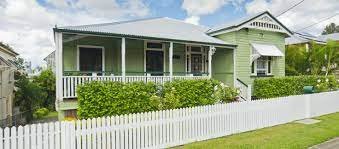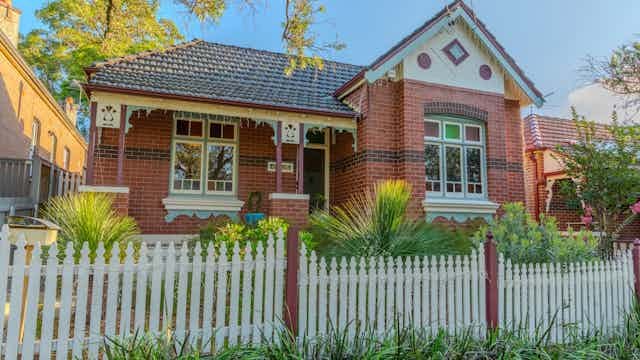Proposed Tax on Family Homes Sparks Debate in Australia
A radical idea to introduce a tax on the family home is gaining traction in Australia, with some experts arguing it could reshape the country’s housing market.
The proposal, which would essentially resurrect a 1915 tax, has sparked heated discussions among economists, policymakers, and industry professionals.
Background
The Australian government’s Economic Reform Roundtable is set to review tax policies, and one of the proposals on the table is the introduction of an “imputed tax” on the family home.
This concept is not new, having been briefly implemented between 1915 and 1923.

Supporters argue that the current tax concessions for owner-occupied housing are overly generous and distort both equity and investment decisions.
The Case for Reform
Proponents of the tax argue that it would address issues of inequality and housing wealth.
Research suggests that including imputed rent and unrealised capital gains in household incomes would reveal a significant gap between homeowners and renters.
This, in turn, would impact Australia’s income inequality ranking among OECD countries.
The current system, they claim, allows high-wealth households to appear less well-off than they truly are, making the tax and welfare systems less progressive.
Implications for the Housing Market
Critics, particularly in the mortgage and lending industry, warn that introducing a tax on the family home could have far-reaching consequences.
It could reduce the incentive to upgrade or relocate, leading to lower transaction volumes and subdued price growth.
This, in turn, could alter refinancing behaviour and equity-release strategies, ultimately weakening confidence among buyers and owners.
Policy Options
Economists are exploring various models, including a broad-based land tax, an explicit housing wealth tax, and a broader net wealth tax covering property, shares, and other assets.
Some propose combining these measures with income tax cuts to offset the impact, which could benefit renters and owners of modest homes.
Industry Concerns
Mortgage professionals are advised to pay close attention to these developments, as they could fundamentally change the risk-reward profile of home ownership.
Introducing a tax on the family home would require buyers to reassess their affordability calculations, potentially influencing their decisions on upgrading, relocating, and refinancing.

